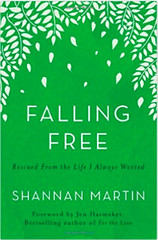Shannan Martin — is kinda my long lost soul sister. She sorta believes the turns in life that look like failure are often holy gifts, a lesson she chooses to embrace after the bones of her comfy farmgirl life were shattered and rebuilt from the toes up a few years back. A young, successful family living in their dream farmhouse, the Martins were stunned to realize that perhaps God’s more for them would actually look like less. In short order, they began falling. Losing. Letting go. Today, tucked into a cozy home on the wrong side of the tracks, they’re learning how to live and love as though Heaven really is the prize. Falling Free: Rescued From the Life I Always Wanted follows Shannan and her family from their quiet life of security, stability, and comfort into the everyday mess of the Gospel, where success looks different, “family” is a condition of the heart, and their front door swings easy on its hinges. It’s a grace to welcome Shannan to the farm’s front porch today…
Lori and Mike first came to my table on one of those frigid winter evenings where the light had seeped out of the day well before dinner and entertaining was the last thing I felt like doing.
I stood at the stove in day-two yoga pants and stirred the pot with my longest-handled spoon.
What was I thinking?
Just as I began hoping they might bail, they swept through the door. In a rush of biting cold, a swirl of cigarette smoke, and the tinny laughter of the anxious, they defied the good sense of this risk-leery world and showed up.
The threat of awkwardness loomed large in the dark hours ahead of us.
Sharing no common vocabulary and having life experiences that overlapped only in slivers, what on earth would we talk about?
How would we possibly connect?

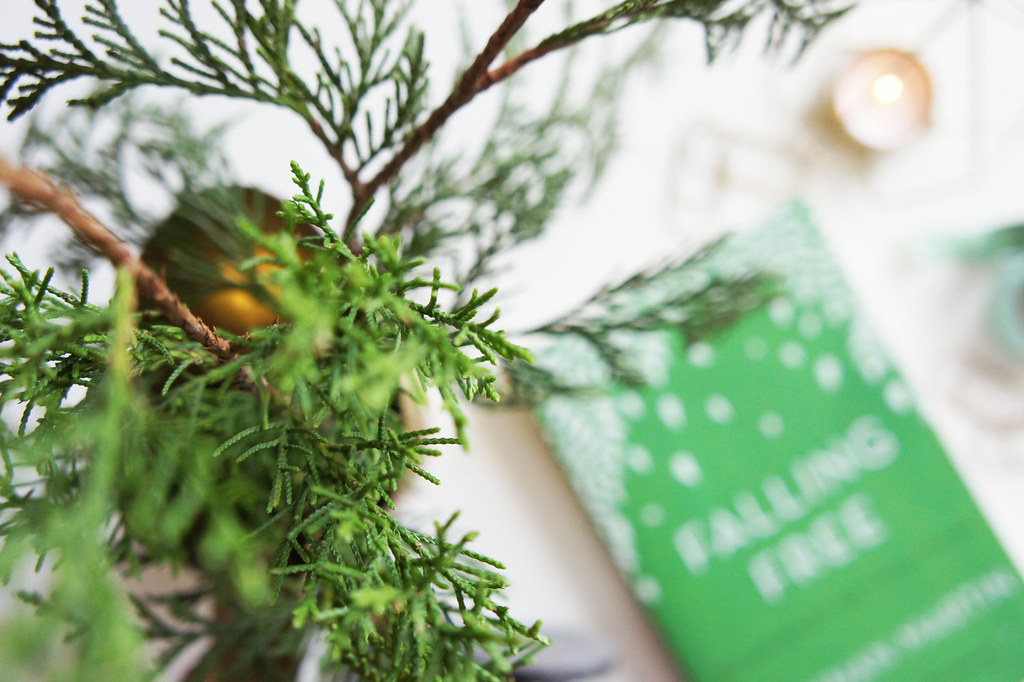

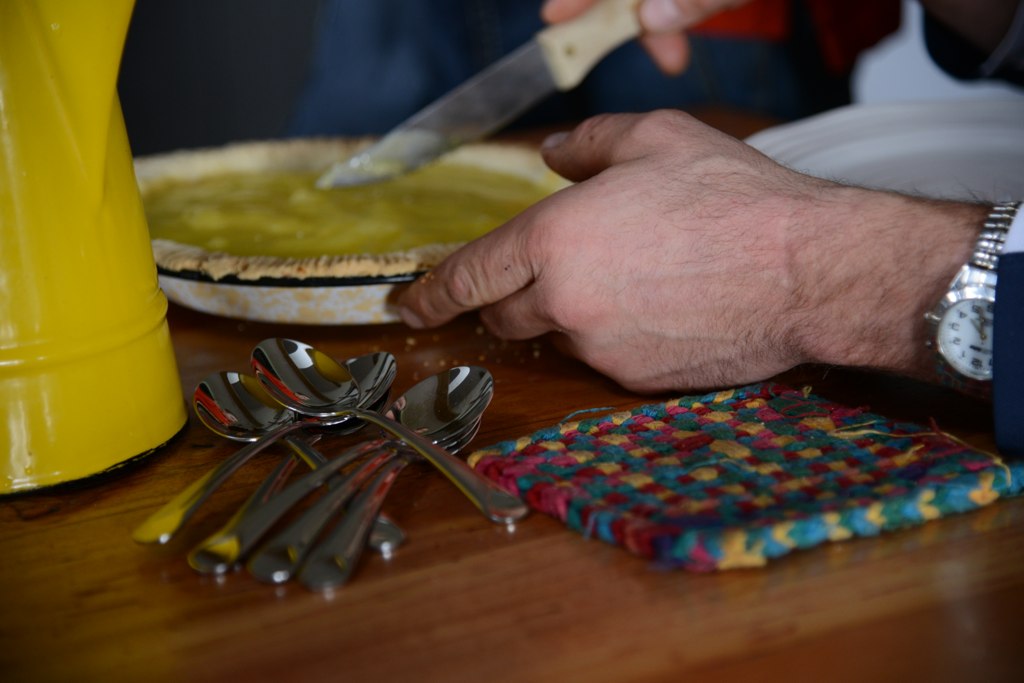

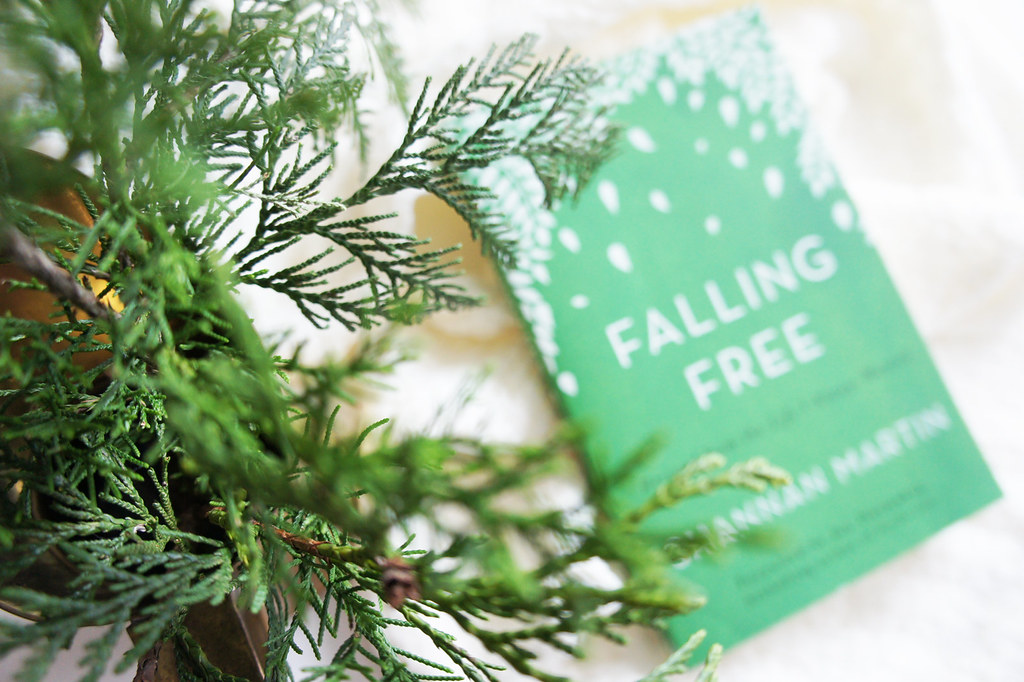
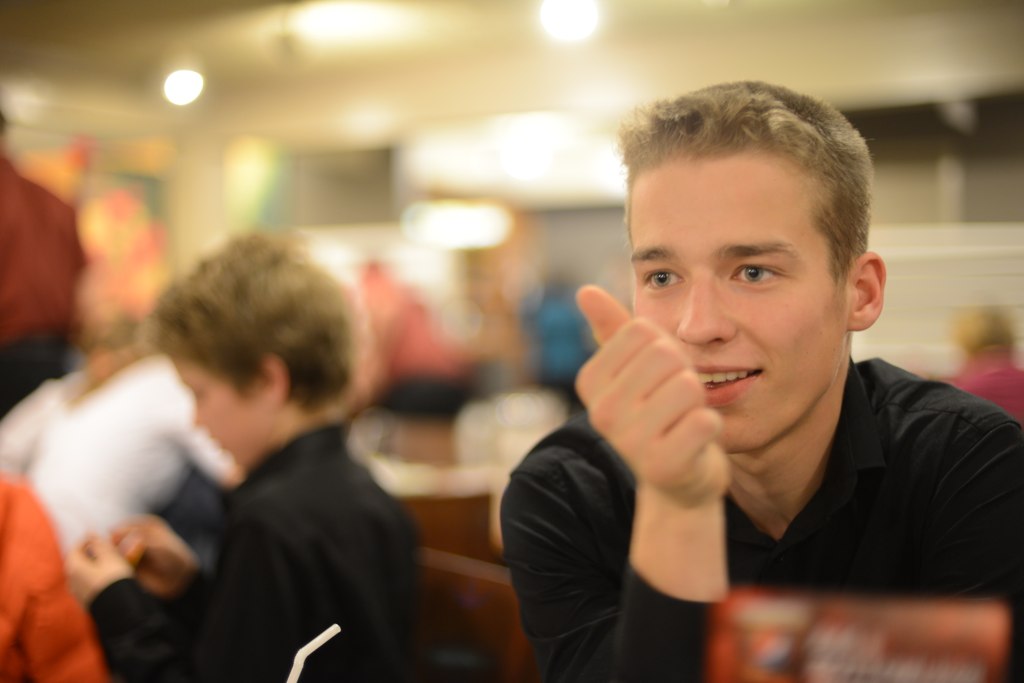
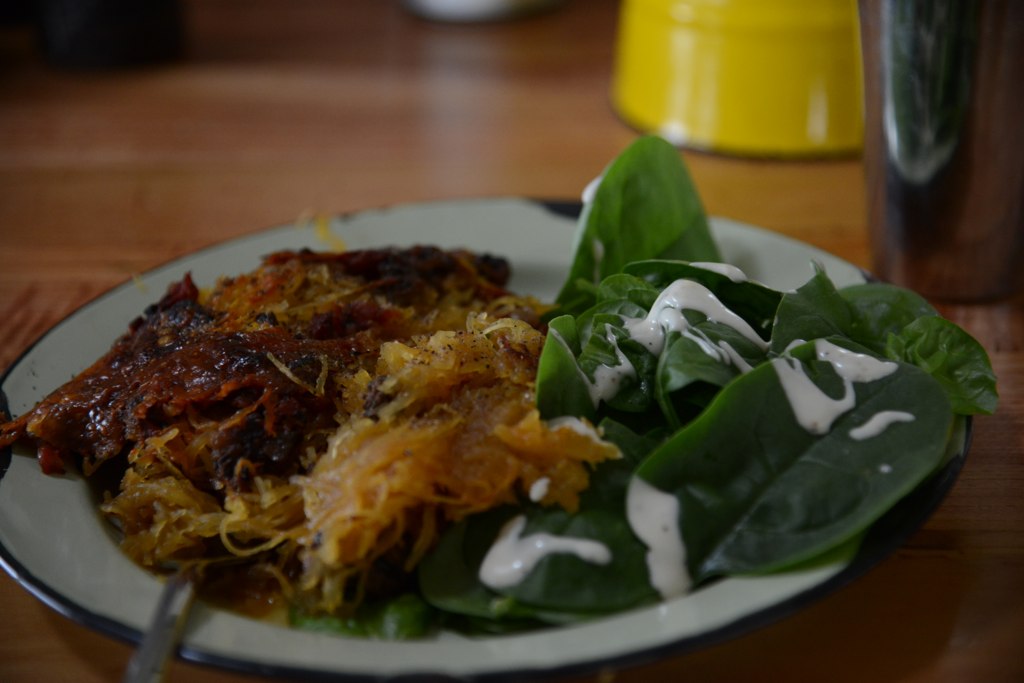

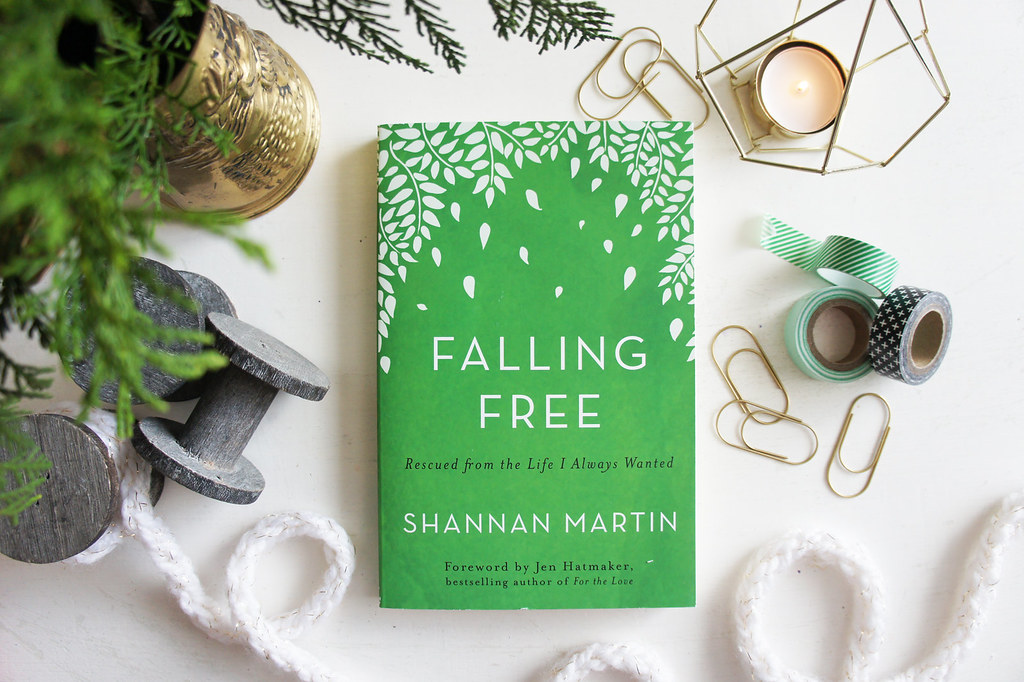

Lori handed me an eight-dollar coconut pie and a frosted blue votive holder.
“I hope you like it. I didn’t know what your colors were,” and I was leveled, my pride and my stupid ideas about who belongs where falling in a heap on the kitchen floor.
As I passed plates and served salad, my dormant hostess jitters flared and sputtered. Was the pasta too sticky? What was their opinion on tomatoes (so polarizing!), and do they really prefer the garlic bread slightly burnt, or are they just being nice?
Across the table sat my eight-year-old daughter. Adjacent to her sat a man she had never seen before, with Gothic lettering inscribed across his Adam’s apple and the f-word emblazoned down the length of his forearm.
For the first time in my life, I questioned the hours we’d spent honing our kids’ early reading skills. We spoke about small things, Lori’s blue eyes tracking Mike’s.
Their hearts were undeniably kind, their souls battered and torn. My soul recognized theirs as world-weary kin.
From the perspective of my warm city kitchen and the goodness unfolding inside its walls, any risk it had required to get to that distinct moment was worth it. I always knew I wanted to entertain friends. It was fun. It was easy.
But the abundant life asks more of us.
I had no idea the leap from stranger to friend was only as long as the eight minutes it took to boil pasta, or that my life would be made richer once I yielded to the unifying power of the unfancy dinner table.
That first November night with Lori and Mike turned into weeks, then months of late-night conversations, one cookie-baking marathon, and hundreds of agonizing pleas to God—please keep their feet to your fire. They talked about what it’s like to live on the run from drug addiction, how it taunts you, tails you, tracks you down.
Our conversations spanned life and God, regrets and dreams.
Over time we built the strangest sort of pseudo-family, readily recognizing ourselves in one another.
We were partners in this mixed-up life and were lucky to count one another as friends.
These friends guided us in the dance of accepting hospitality and offering it back in turn.
Through their vulnerability they reminded us of the peace found when we choose the undignified path of walking in frailty and living at the cliff edge of need.
Aren’t we all looking for the same exact things, to be accepted and loved in our brokenness?
I woke one morning before dawn to a scratching noise outside our bedroom window. There stood Mike, hunched over his shovel, in shoes that weren’t waterproof, clearing our drive from snow we hadn’t even known had fallen. No gloves, a thin jacket, pushing snow around under moonlight.
I crawled back into bed, sobbing, overwhelmed by the ways he and Lori had made our good life even better.
Jesus tells us that inviting the marginalized is important, among other reasons, because they cannot repay us (Luke 14:12–14). I see His point, but this is one area where we’ll have to agree to disagree. In almost every instance, I have walked away from the full-color communion among my neighbors bearing a debt. The scales are never balanced, and the deficit is always mine.
This is the work of God, part chisel, part cannon. He’ll do what it takes to demolish our “this is mine” walls. He’s not even worried about it.
Here in the head-scratcher economy of our upside-down God, our less is always more and our fears are unwarranted.
Under the canopy of a long, long life, we’re surprised by the impossible goodness of surrendering our homes and discovering that as our door revolves, our souls are anchored.
When God spoke about hospitality throughout the Bible as if on a loop, He wasn’t just referring to hosting a church Bible study or commiserating over steaming cups of Earl Grey with our besties.
His great hope is that we would experience the sparkling intimacy that bubbles up when we drop the veil and get real.
His intention was for us to invite the stranger—the immigrant, the overlooked, the one we cannot understand, the one we say we hate—into our sanctuary and love them as we would love our own sister.
I am never closer to God than when I dare to sit next to people unafraid of telling the hard truth.
The effect is contagious, and stepping toward my own brokenness is like being baptized over and over again.
Push me under—I am nothing on my own.
Pull me up—you make me new.
Shannan Martin, known for her popular blog Shannan Martin Writes (formerly Flower Patch Farmgirl,) is a speaker and writer who found her voice in the country and her story in the city. She and her jail-chaplain husband, Cory, have four funny children who came to them across oceans and rivers. Having sold their dream farmhouse, they now enjoy neighborhood life in Goshen, Indiana.Falling Free charts Shannan’s family’s pilgrimage from the self-focused wisdom of the world to the topsy-turvy life of God’s more being found in less. Her practical, sweetly subversive book invites us to rethink assumptions about faith and the good life, push past insecurity and fear, and look beyond comfortable, middle-class Christianity toward a deeper, richer, and ultimately more fulfilling life. Cannot recommend this book highly enough. For more information on Falling Free please visit here.

